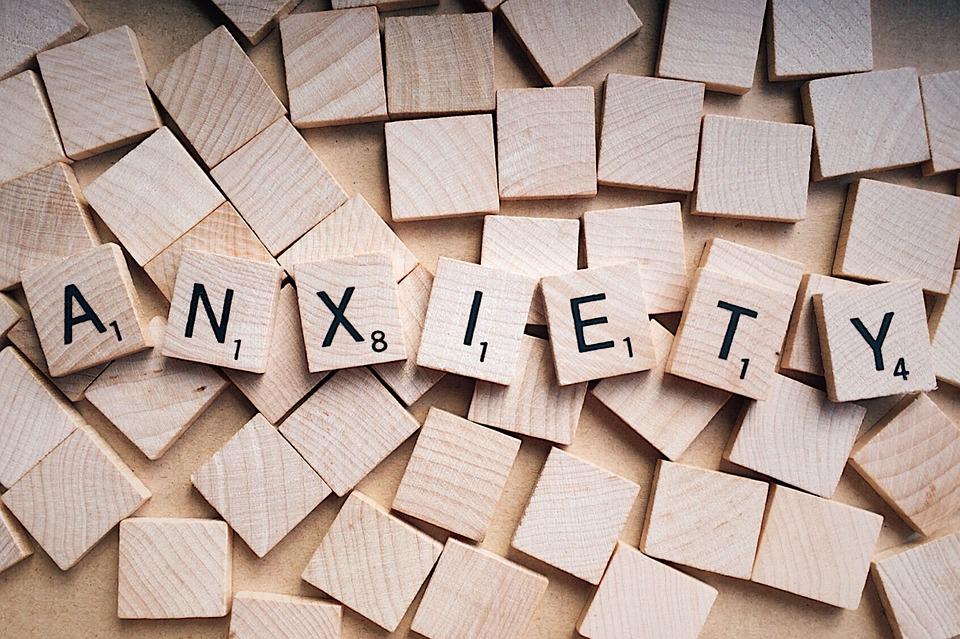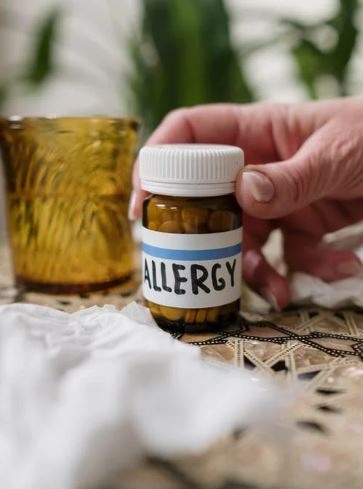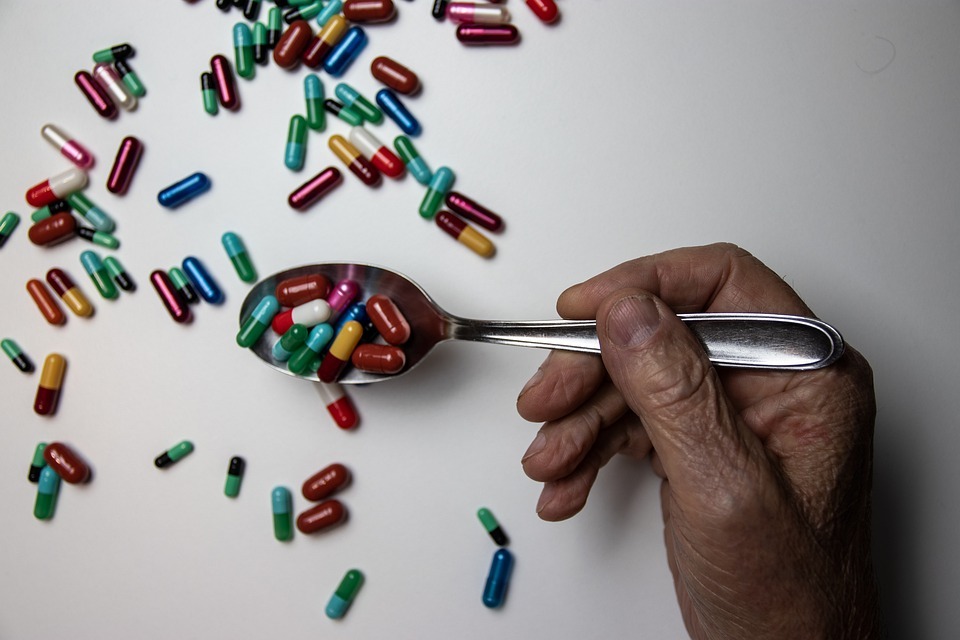Many people, especially those who suffer from severe anxiety and panic disorder, credit Effexor for saving their mental health. However, this medication should only be taken when prescribed by a doctor and with great caution. If mismanaged, the adverse effects could lead to severe damage. Most people call this drug a happy pill or bottled smiles, but what is Effexor?
What is Effexor?
Effexor, a brand name for Venlafaxine, is a serotonin-norepinephrine reuptake inhibitor used to treat depression. The extended-release formulation of the drug, Effexor, is used to treat panic disorder, generalized anxiety disorder, and social anxiety disorder. One of the most prescribed antidepressants in the United States, Effexor is also most frequently given to treat alcoholism.
It is available as an oral extended-release capsule or tablet. It is not recommended for kids or teenagers; only adults are allowed to use it. Numerous bodily processes, including those related to mood, are significantly influenced by serotonin and norepinephrine. By keeping these neurotransmitters from being removed from brain nerve endings, Venlafaxine extends the duration of their activity. Your attitude and energy may be lifted, which might also help you regain interest in day-to-day activities. Additionally, it might lessen dread, worry, unwelcome thoughts, and panic attacks. It also assists in restoring the proper levels of a few organic compounds in the brain.
Uses of Effexor or Venlafaxine
The medication has several applications; many of them are in the fields of anxiety and depression. Doctors also prescribe Effexor for a few off-label purposes. To accurately identify any of the following disorders for which the medication can be recommended, doctors will do a physical examination and enquire about their severity.
- Anxiety. This covers the management of social anxiety disorder and generalized anxiety disorder.
- Depression. Serotonin, a neurotransmitter that promotes pleasure and general well-being in the body, is increased by Venlafaxine. The American Psychiatric Association describes depression as a severe disorder that significantly impacts all elements of a person’s everyday life. The condition may manifest as major depressive disorder or generalized depressive disorder.
- Panic Disorders. Panic disorder is one of many anxiety disorders brought on by an imbalance in the neurotransmitters serotonin and norepinephrine. Doctors use Venlafaxine to treat people with the panic disorder because it has anxiolytic effects.
- Hyperactive/attentional deficit syndrome (ADHD). Uncontrolled behavior, trouble focusing, and overall overactivity are all symptoms of ADHD. The National Comorbidity Survey found that 8.7% of teenagers alone had a lifetime prevalence of the illness. With such a large number, Effexor is widely used as a medication for ADHD.
- Bipolar Disorder. Medical professionals also use the drug to manage and treat bipolar disorder. The sufferer of this illness has emotional swings between extremes. Venlafaxine can assist people with the bipolar disease manage their symptoms by regulating the quantities of serotonin and norepinephrine in the brain.
- Obsessive-compulsive disorder (OCD). According to The Journal of Clinical Psychiatry, patients with OCD who have not reacted well to treatment with selective serotonin reuptake inhibitors may benefit from Effexor.
- Post-traumatic stress disorder (PTSD). Because it blocks the reuptake of serotonin and norepinephrine, Effexor is a successful treatment for PTSD.
- Use as Off- Label Prescription. Venlafaxine was shown to have additional advantages when more research was done on it. Doctors prescribe the drug for different off-label purposes. For instance, doctors may prescribe Venlafaxine to treat hot flashes in women near the conclusion of their menstrual cycle. Because studies have shown that Effexor efficiently relieves migraine symptoms and is well-tolerated, doctors also prescribe medication for this condition. Doctors may prescribe Effexor to control pain even though it is not approved for pain treatment. Fibromyalgia and neuropathic pain are the most prevalent types of pain for which the medication is frequently used.
Side Effects of Taking Effexor
All drugs have their side effects, and Effexor is not an exception; here are the most common side effects that Effexor can do to a person taking it, from mild to severe. Antidepressants, including venlafaxine pills, may have harmful side effects, such as:
- Suicidal ideas or behaviors. When taking venlafaxine pills and other antidepressants, certain children, teenagers, or young adults may suffer an increase in suicidal thoughts or behaviors during the first few months of treatment or when the dose is changed. Watch out for these changes, and if you see any, call your doctor immediately, especially if there are significant, fresh, or abrupt changes in how you feel, behave, think, or feel. When starting venlafaxine pills, or changing the dose, pay close attention to any changes of this nature. Keep follow-up appointments with your doctor and call in between appointments if you have any concerns about your symptoms.
- Serotonin Syndrome. The symptoms of this potentially fatal illness can include agitation, hallucinations, coma or other mental status changes, muscle twitching or coordination issues, a racing heartbeat, high or low blood pressure, perspiration or fever, nausea, vomiting, or diarrhea, and rigidity of the muscles.
- Blood pressure changes. Taking venlafaxine tablets of Venlafaxine, USP may cause your blood pressure to rise. Before beginning treatment, reduce high blood pressure and periodically check your blood pressure.
- Manic/hypomanic episodes include incredibly high energy levels, terrible insomnia, racing thoughts, and reckless behavior. Also, exquisite ideas out of the ordinary, extreme delight or anger, and speaking more or more quickly than usual.
- Abnormal bleeding: Using the blood thinner warfarin, a non-steroidal anti-inflammatory drug (NSAID), or aspirin, venlafaxine tablets, USP, and other antidepressant medications may increase your risk of bleeding or bruising.
- Pneumonia and lung disease: Venlafaxine tablets may cause uncommon lung issues. Some symptoms include worsening shortness of breath, a cough, and tightness in the chest.
- Symptoms of severe allergic reactions include difficulty breathing, swelling of the face, tongue, eyes, or lips, rash, itchy welts, or blisters, either on their own or in combination with fever or joint discomfort.
- Visual issues such as eye pain, blurriness, or redness around the eye, as well as vision changes, are some adverse side effects of taking Effexor.
- Significant Effexor side effects include anxiety, irritability, exhaustion, restlessness, problems sleeping, headache, sweating, dizziness, shaking, disorientation, nightmares, vomiting, nausea, and diarrhea. If any of these symptoms manifest, consult a doctor right once.
- Weight Gain. Many people continue to observe weight gain after taking Effexor. Effexor is generally thought to be “weight neutral,” however it doesn’t mean no one will gain weight while taking it.
Preventive Measures in Taking Effexor
Before taking any drug, it is always best to talk to your doctor about possible side effects and interactions with other medicines.
- Inform your doctor if you have allergies before taking Venlafaxine or desvenlafaxine or if you are allergic to other substances. Inactive chemicals in this product can trigger allergic reactions or other issues.
- If you have a history of bleeding issues, angle-closure glaucoma, high blood pressure, heart issues, high cholesterol, kidney or liver disease, seizure disorder, or thyroid disease, let your doctor know before taking this medicine.
- Inform your healthcare practitioner of every medication you use, including vitamins, herbal supplements, prescription drugs, and over-the-counter medications. Some medicines, including venlafaxine tablets, may interact with one another, produce serious side effects, or both.
- Venlafaxine tablets may make you sleepy or impair your capacity for judgment, clarity of thought, or rapid response. Until you understand how venlafaxine pills affect you, you shouldn’t drive, operate heavy equipment, or engage in other risky activities. When using USP-brand venlafaxine pills, avoid drinking alcohol.
- Venlafaxine pills should not be used for conditions for which they have not been prescribed. Even if they have the same illness, do not offer other persons USP venlafaxine tablets. It could hurt them.
- Before using Effexor, let your doctor know if you’re expecting, breastfeeding, or trying to get pregnant. On the other hand, breastfeeding mothers, you should take note that it is not advised to take Effexor while breastfeeding. Effexor is excreted in breast milk and could impact a nursing infant. Consult your doctor about your options if you are breastfeeding.
Withdrawal and Addiction Issues in Taking Effexor
Although Effexor cannot cause physical addiction, it can cause psychological addiction. Addiction develops when someone abuses or mixes Effexor with other drugs to feel high. It may be abused by those who suffer from anxiety or depression to improve mood by boosting the dose. Teenagers may also attempt to obtain the substance illegally to experience the high. Taking Effexor in higher or more regular doses without consulting a doctor might also lead to misuse problems. In this circumstance, Effexor withdrawal may be more complex and uncomfortable.
Prolonged use of Effexor changes the chemical makeup of the brain; when venlafaxine capsules or tablets are not consumed in sufficient amounts, the brain can malfunction and produce a variety of symptoms. The patient may experience various unpleasant physical and psychological symptoms because of missing a dose. The severity of the withdrawal symptoms can vary greatly.
Effexor withdrawal typically presents as physical and mental symptoms, such as headache, muscle discomfort, nausea or vomiting, general malaise, diarrhea, excessive perspiration, fatigue, tremors, dry mouth, muscle spasms, hot flashes, and persistent noise in the ears that can be hindering in addition to being uncomfortable. Due to these symptoms, even someone on the lowest dose of Effexor may find it challenging to go through a complete withdrawal without the proper support. The symptoms can, regrettably, last for several weeks.
Although withdrawal might last anywhere from a few days to a week or longer for most people, it can last for quite a while for various people. Because of this, venlafaxine dosage is often tapered gradually over a few weeks. If all other factors remained the same, a person who had been using Venlafaxine for months or years would be more likely to develop withdrawal symptoms than someone who had only taken it for a few weeks.
Patients must strictly follow their doctor’s advice regarding ending their Effexor use safely. This is possible because medical professionals are appropriately trained in Effexor weaning techniques. To transition to another medication or stop using drugs, patients should undergo the tapering approach, which entails weaning off Venlafaxine. Patients should stop using Effexor and drinking alcohol at this time because doing so could jeopardize the safety of quitting the drug.
Without first consulting qualified medical professionals with knowledge in discontinuation syndrome management and substance misuse prevention and treatment, patients shouldn’t attempt to discontinue taking Venlafaxine on their own. Some individuals will need to enter a drug rehabilitation program to receive the best care because stopping can be a challenging procedure.
IMPORTANT NOTE: Always check with your doctor before taking any medicines.








